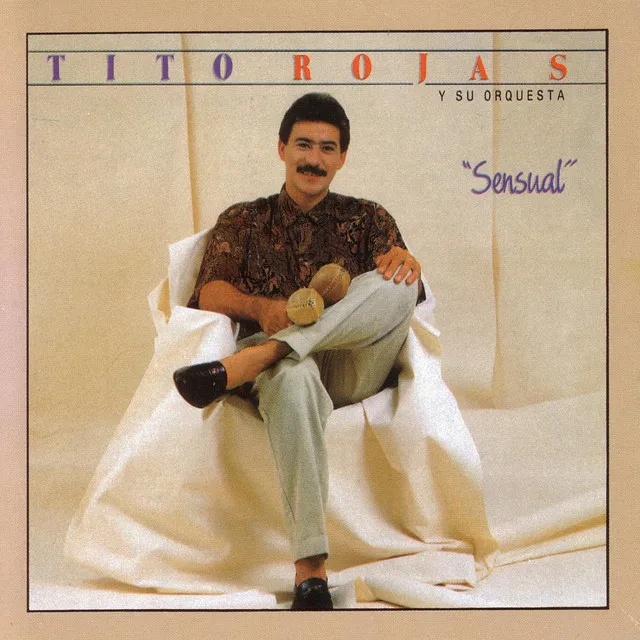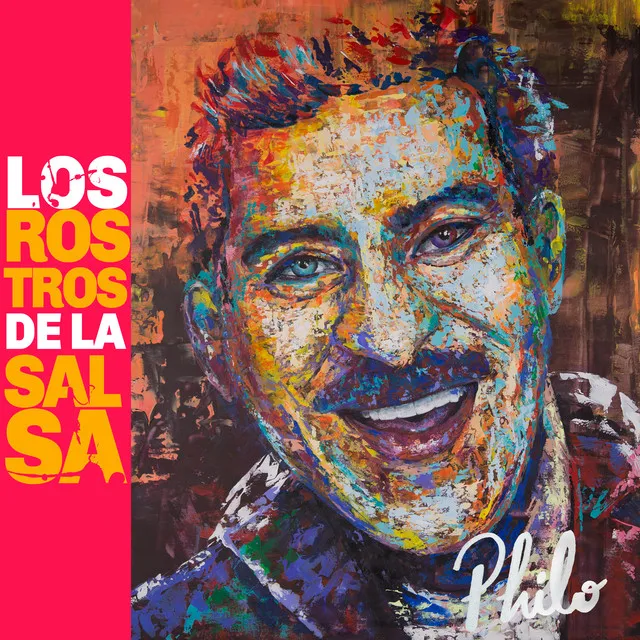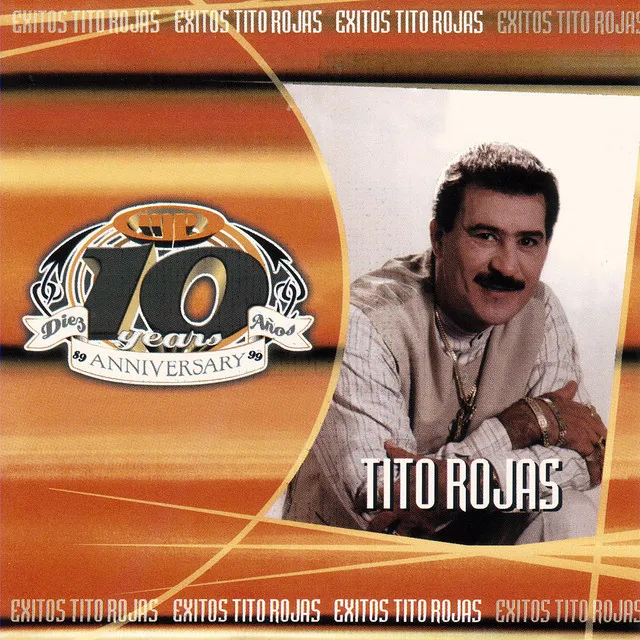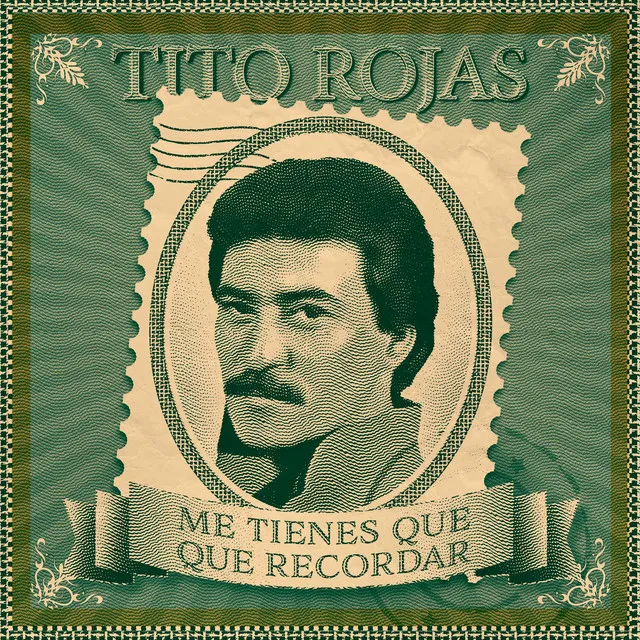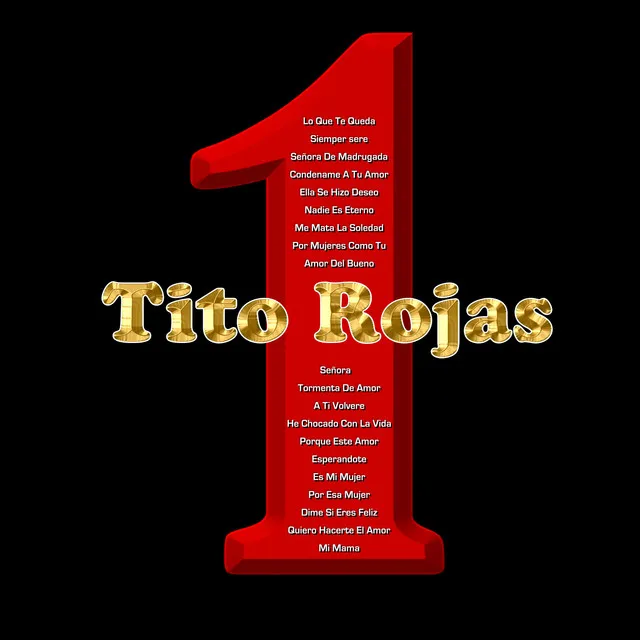Tito Rojas was a revered salsa singer from Puerto Rico whose career spanned more than 50 years. He released a series of singles including his theme song, "El Gallo Salsero," along with "Siempre Seré" and "Señora de Madrugada," which are now considered standards of the repertoire. Though his recording debut began with Aquí Empezó la Historia in 1972, his career as a charting artist commenced with 1978's Con Amor and 1979's Aqui with Justo Betancourt and Su Conjunto Borincuba. His '80s recordings consistently placed on the charts at home, while two outings he cut with Puerto Rican Power, 1987's Tres Mujeres and 1988's Solo Con un Beso, received airplay across Latin America and in the U.S. Beginning with 1991's Siempre Seré, Rojas registered more than 50 consecutive albums on the Tropical charts plus more than 60 charting singles -- including two dozen that peaked inside the Top 20. He won and was nominated for many awards, including three Latin Grammys in the Best Salsa Album category for 2000's Rompiendo Noches, 2001's Quiero Llegar a la Casa, and 2019's best-selling, Un Gallo Para la Historia. Rojas passed away after suffering a heart attack on December 26, 2020, two days after his final performance.
Rojas was born Julio César Rojas López in Humacao, Puerto Rico, on June 14, 1955. He was singing and writing songs with neighborhood and local bands during his childhood and adolescence. By all accounts, his musicality and energy were "irrepressible." During the '70s, Rojas won a contract with a local label and released 1972's Aquí Empezó la Historia as a solo artist. In 1978 he began fronting Pedro Conga y Su Orquesta and Justo Betancourt's Su Conjunto Borincuba. With the latter he issued the albums Con Amor (1978) and Aqui (1979) and had his first taste of national recognition.
After signing to San Juan's Rana label in 1980, he released a self-titled solo album that sold respectably, but more than that, it paved the way for 1984's El Campesino, whose title track was a Top Five single. In 1987, Rojas joined Luis Ayala's Puerto Rican Power and issued the charting best-sellers Tres Mujeres and Solo Con un Beso. He returned to solo recording with the release of 1991's Sensual, on Antonio Moreno's Musical Productions. The album marked his first Top 40 entry at Tropical albums. 1992's Condename peaked at 12, while 1995's Por Derecho Propio reached number three and was certified double platinum, netting him Best Salsa Artist of the Year in Puerto Rico. While his albums did well both commercially and critically, Rojas' many singles, including "Condename a Tu Amor," "Nadie Es Eterno," and "Senora de Madrugada," became international hits.
In 2000, Rojas issued Rompiendo Noches, whose title track became a chart-topping single and a subsequent salsa standard. 2003's El de Siempre and the hits retrospective Canta el Gallo both topped the Puerto Rican charts. A superstar at home, Rojas worked steadily in sold out clubs, theaters, and halls across the Caribbean and Americas. During the second decade of the 21st century, Rojas formed his own TR label. He continued to release singles and albums, beginning with 2011's Independiente. It netted two top 40 singles in "Ese No Soy Yo" and "No Me Digas No." After 2014's digital-only El Viajero, his first streaming and download hit, Rojas made a guest duet appearance with Ivy Queen on "Ella Se Hizo Deseo;" from the salsa entry in her four volume Vendetta set. He returned with the streaming Tito Rojas in 2018, which netted the Tropical charting singles "Para Llorar" (number 14) and "Vivo Feliz" (number 24). 2019 saw the release of Un Gallo Para la Historia, the last studio offering to be issued during Rojas' lifetime. Consisting of eight self-composed salsa tracks, it included "Maldito Amor, Bendito Amor," a duet with Bronx-based salsera India (Linda Bell Viera Caballero) and netted four charting singles including "Para Llorar" and "Esto Tiene Que Acabar." On December 26, 2020, Rojas was found unresponsive on the balcony of his residence. The coroner determined he'd died after suffering a heart attack. He was 65 years old. ~ Thom Jurek & Drago Bonacich, Rovi

